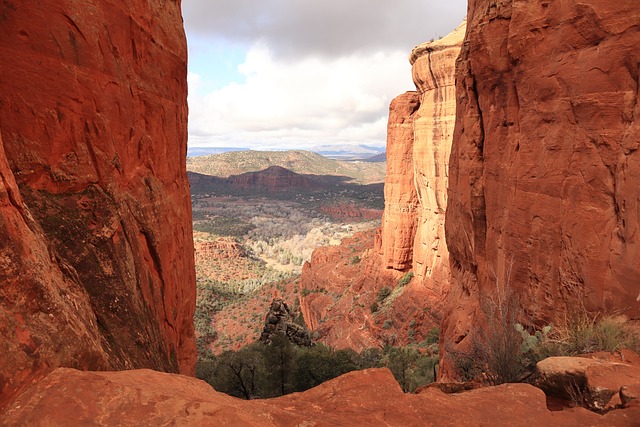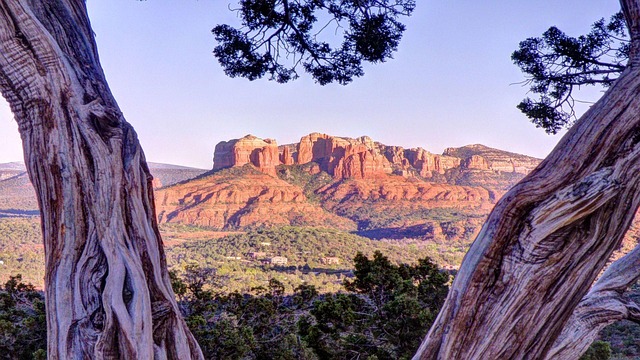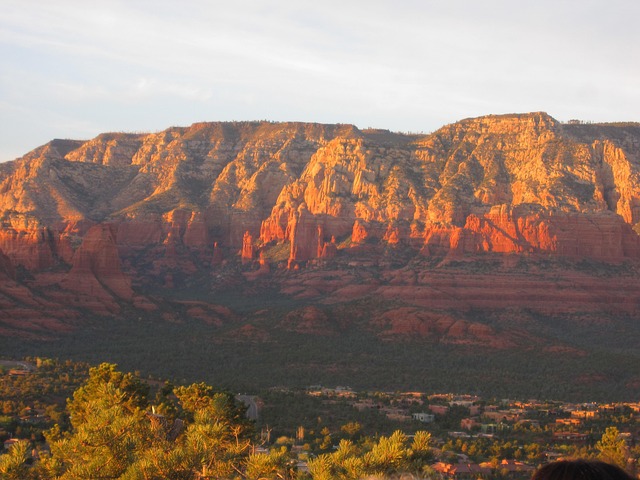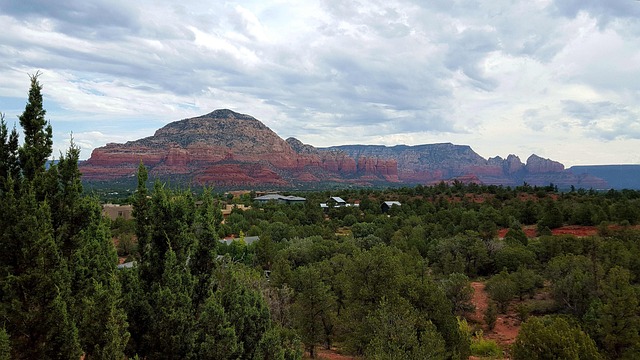Spiritual Vortex real estate developments merge wellness tourism with spiritual exploration, offering immersive natural environments, alternative healing practices, and community engagement to enhance residents' connection to the divine. Holistic retreats, popular for their focus on personal growth, incorporate yoga, meditation, spa treatments, and mindful eating workshops, catering to a diverse audience seeking sustainable living and mindfulness in idyllic natural locations.
“Discover the captivating world of spiritual retreats and their growing appeal in the real estate market. This article explores the unique concept of Spiritual Vortex, a destination that blends holistic practices with breathtaking landscapes. We delve into the rise of wellness retreats, where mind, body, and soul find nourishment. From serene surroundings to transformative experiences, these vacation destinations offer more than just relaxation. Uncover how spiritual real estate is revolutionizing travel, attracting seekers yearning for meaningful and rejuvenating getaways.”
Unveiling Spiritual Vortex: A Unique Real Estate Concept

In the realm of wellness and spiritual exploration, a unique concept has emerged, captivating the interest of many—the Spiritual Vortex. This innovative idea revolves around a specific type of real estate development designed to offer a transformative experience for those seeking inner peace and spiritual growth. By harnessing the perceived energy of these vortices, developers create sanctuaries that promise to enhance one’s connection with the divine and promote holistic well-being.
The concept draws inspiration from ancient beliefs and modern interpretations of spiritual energy flow, presenting real estate as more than just a place to live but a tool for personal transformation. These retreats often incorporate natural design elements, alternative healing practices, and community engagement to create an immersive environment. With the rise in popularity of wellness tourism, the Spiritual Vortex concept is not just a niche idea but a growing trend in the real estate market, appealing to those seeking a meaningful and spiritual retreat in a carefully curated setting.
Wellness Retreats: Nurturing Mind, Body, and Soul

Wellness retreats offer a sanctuary where individuals can reconnect with themselves, nurturing their mind, body, and soul in equal measure. These immersive experiences, often set in idyllic natural locations, provide a break from the fast-paced lifestyle of modern real estate. Guests are encouraged to unplug from technology and immerse themselves in activities designed to promote holistic well-being.
From yoga and meditation sessions under the open sky to rejuvenating spa treatments and mindful eating workshops, these retreats cater to every aspect of an individual’s health. The focus is not just on physical wellness but also on fostering a sense of inner peace and spiritual connection. This transformative experience allows attendees to return home with renewed energy, a clearer mindset, and a deeper appreciation for the intricate balance between their mental, emotional, and physical states.
The Rise of Holistic Vacation Destinations
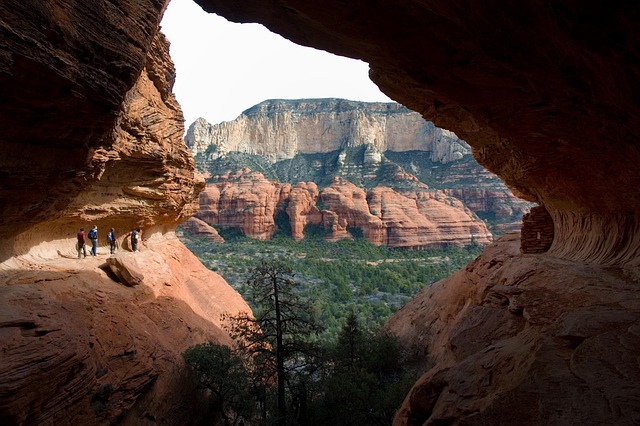
In recent years, there’s been a notable rise in holistic vacation destinations, particularly spiritual vortex retreats that tap into nature’s healing power. This trend reflects a growing demand for experiences that go beyond traditional leisure travel, catering to individuals seeking profound personal growth and wellness. People are increasingly recognizing the importance of disconnecting from their regular routines and immersing themselves in environments designed to nurture mind, body, and spirit.
These holistic retreats offer more than just scenic landscapes; they incorporate various practices such as yoga, meditation, energy healing, and spiritual workshops into their real estate offerings. The focus on sustainable living, mindfulness, and connection to the natural environment is attracting a diverse demographic, from seasoned yogis to those new to wellness practices. This shift in travel preferences underscores a broader cultural move towards prioritizing holistic well-being and an intimate relationship with nature.

